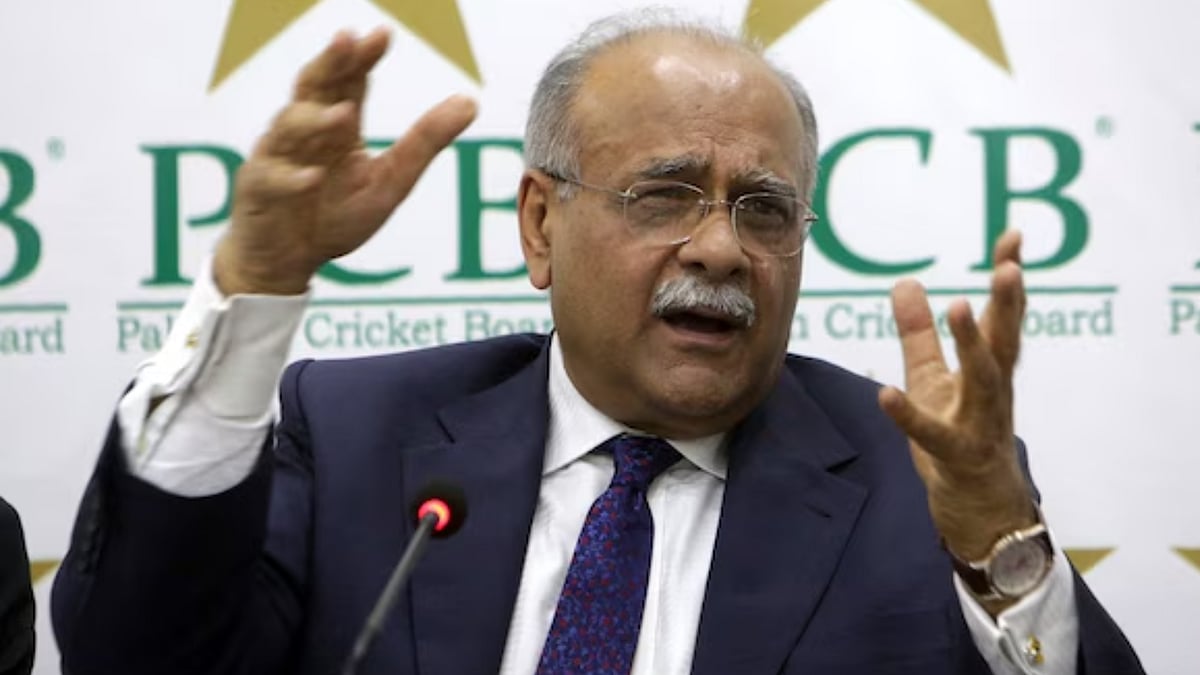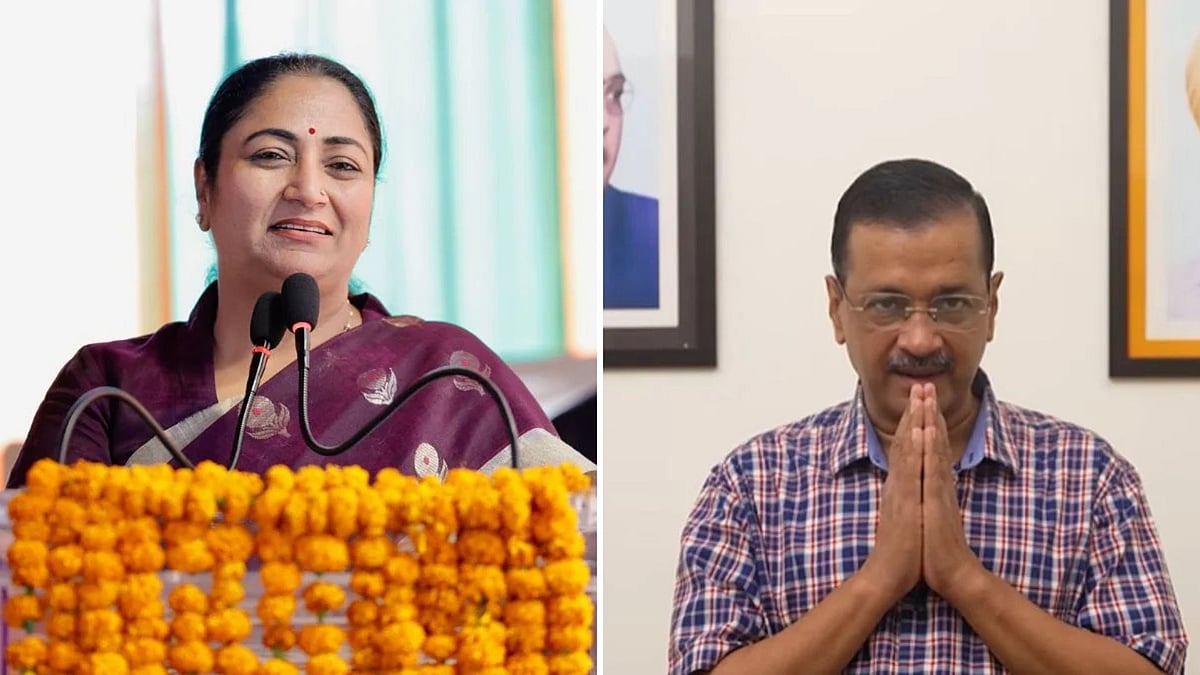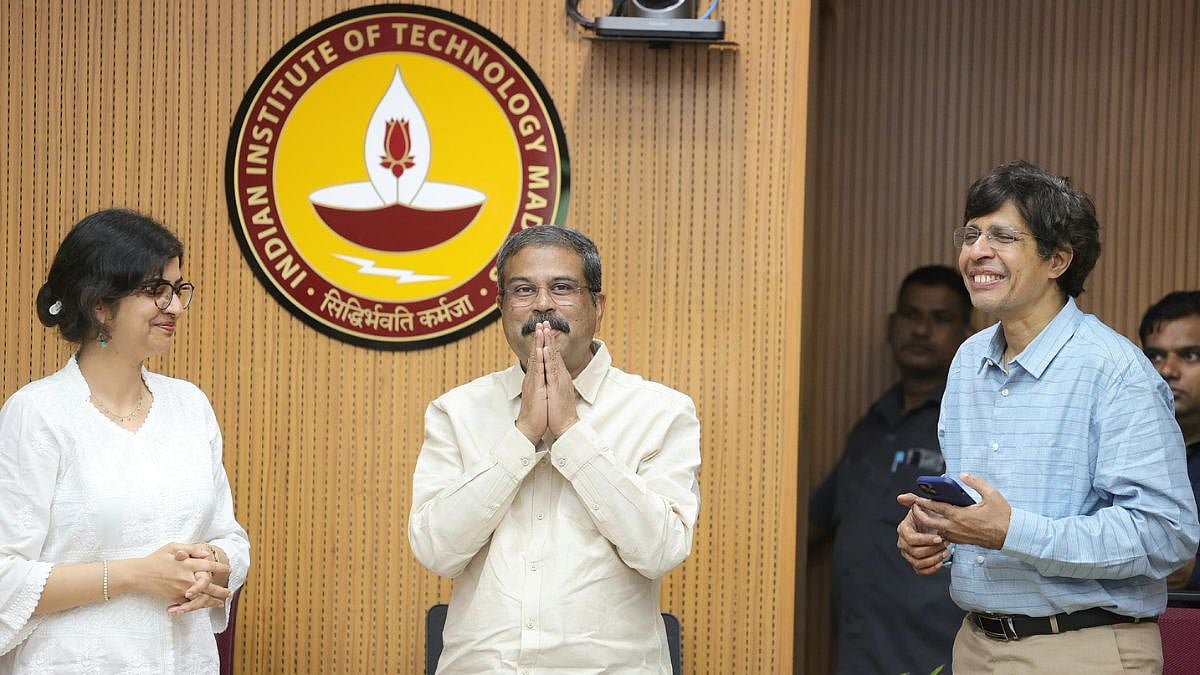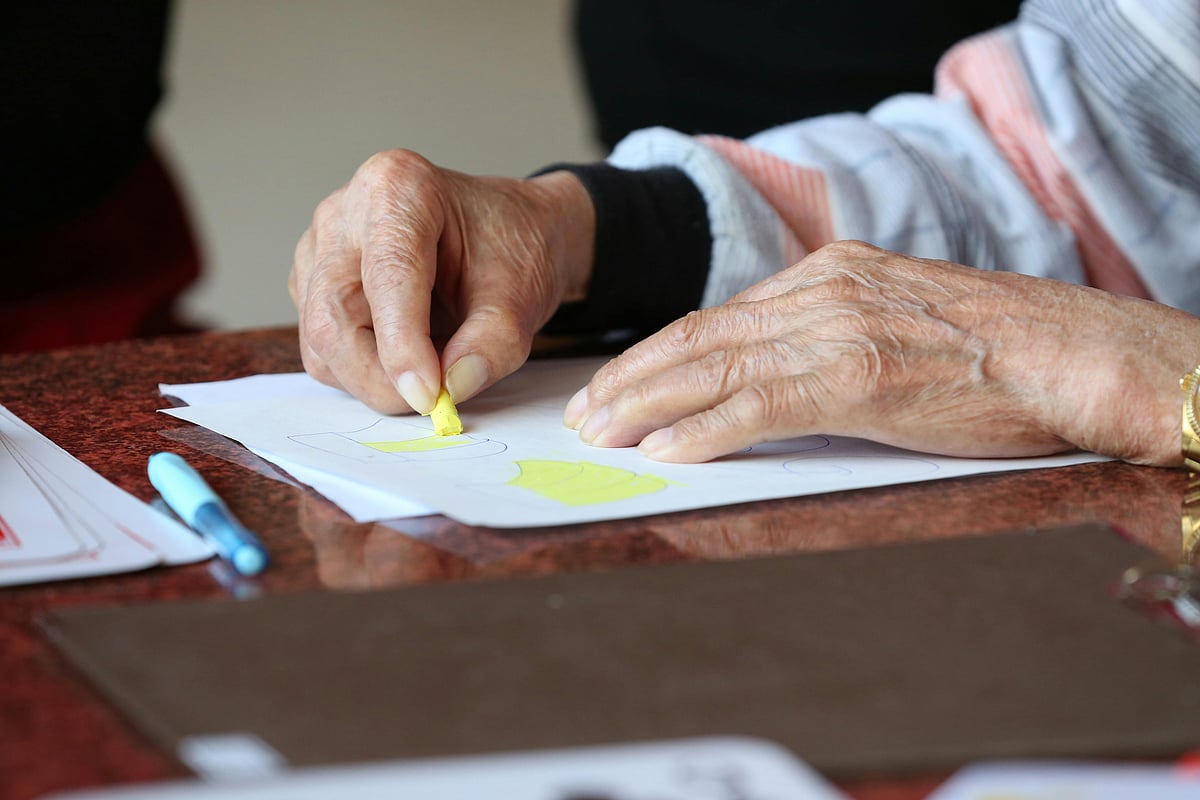Health plays an important part in our lives, especially issues of women’s health, one of the primary focuses is menstrual health and a lot of the physical, emotional and mental well-being depends on it.
The multidimensional impact of menstrual health aligns with WHO’s definition of health - it is not only physical but also extends to a woman’s mind as well as social well-being. Dr Mukesh Gupta, Obstetrician & Gynaecologist at Le Nest Hospital Malad, Mumbai throws light on the importance of menstrual health in our lives.
The menstrual cycle is like a three-legged tripod stand, - physical, mental and social, even if one leg is dysfunctional it will impact the balance and lead to the collapse of the entire system.
Physical health
It is important to keep a track of your menstrual cycle as it can predict and suggest any underlying health conditions. Irregular periods, absence of menses, or even scanty flow can be a sign of anovulation or other medical conditions. A condition known as PCOS is also associated with irregularities in the cycle coupled with excess body hair (hirsutism), weight gain, acne and hair loss. While PCOS indicates multiple cysts, a woman could also be diagnosed with a single ovarian cyst that develops on the ovaries. It needs to be checked out for cancerous cells however remember not all cysts are a sign of cancer but makes sense to evaluate it.
Painful and heavy bleeding, severe menstrual cramps or pelvic pain can mean a lot of things, be it an indication of a hormonal imbalance, uterine fibroids or a more severe condition such as endometriosis. When the tissue that lines the inside of your uterus starts growing outside on the ovaries, fallopian tubes, intestines etc it leads to severe scarring, adhesions, and inflammation-causing fertility issues in the long run. Women also need to get checked out for polyps, tumours and infections.
Key Takeaway:
“Understand your body, look for signs and symptoms that will give you signals that something is wrong or amiss. Do not ignore such situations and take action. Regular visits to your gynaecologist will not only treat but help you diagnose such conditions well in advance”
Mental Wellness
Mental health is often linked to menstrual health because it has been proven that there is a relationship between your brain and your hormones, thus influencing mental health. Your hormones play a big role when it comes to your emotions and behaviour. You could suffer from mood swings, anxiety, depression, lack of libido/sex drive etc. Feeling depressed or withdrawn can come in the way of your normal life, and it may be attributed to your menstrual health.
If we understand how your hormones toy with your mind, a classic explanation of your hormones affecting your mind would be Premenstrual syndrome, commonly known as PMS. According to the American College of Obstetricians and Gynecologists, nearly 85% of women experience at least one common symptom associated with PMS during their reproductive years. PMS is associated with irritability, heart palpitations, fatigue, mood swings, and feelings of sadness among others.
Pregnancy is also a phase where your hormones wreak havoc and make you vulnerable. Postpartum depression causes a woman to feel mentally stressed and anxious where she may find it difficult to bond with her baby and exhibit disinterest, depression, and signs of exhaustion. Menopause is yet again a time when multiple mental issues take over.
Key Takeaway:
“Be informed, do not live in denial and accept what you are going through. Acceptance is a great coping mechanism and will help you tide over the situation. Please seek help from a professional be it your gynaecologist or counsellor and make sure you have a support system in place to help you”
Social Well-being
We still live in a society where menstruation is considered taboo and periods are still a hush-hush topic in many families. Due to the inhibitions associated with it, many times addressing related health issues become challenging. As it is being perceived as unclean and impure in many societies, women are often discouraged from talking about menstrual problems that they face regularly. In many places, the environment is not conducive to planning proper disposal of menstrual waste leading to ignorance of menstrual hygiene and sanitation. Very often such conditions lead to infections of the reproductive tract that are not even treated due to shame and fear. Inability to discuss menstrual ill-health impacts a woman’s interpersonal relationships with others, not only does it have an impact on personality but also on opportunities that further her educational and professional goals.
As a society, we have come a long way in normalizing menstruation but we still have a long road ahead that requires multilevel interventions to change the thought process and social stigma surrounding the subject. It is time we make our adolescent girls understand that instead of looking down on menstruation as a sign of weakness and shame, it must be perceived as a superpower gifted to women by nature that facilitates procreation and survival of species.
Key Takeaway:
“Empower women, and normalise the conversation around periods. Hopefully, as a society, we are making strides in the right direction. Multi-stakeholder approach amongst all strata of society is needed to make a difference”
Women are conquering the world and have already done so in different walks of life. If your ‘overall health’ supports you, then half the battle is won. Focus on your lifestyle, diet and nutrition and exercise regime to keep diseases at bay.
Embracing the reality of menstruation and its impact on women’s life is not just the need but the essence of modern progressive society.
(The author is Obstetrician & Gynaecologist at Le Nest Hospital Malad, Mumbai)










